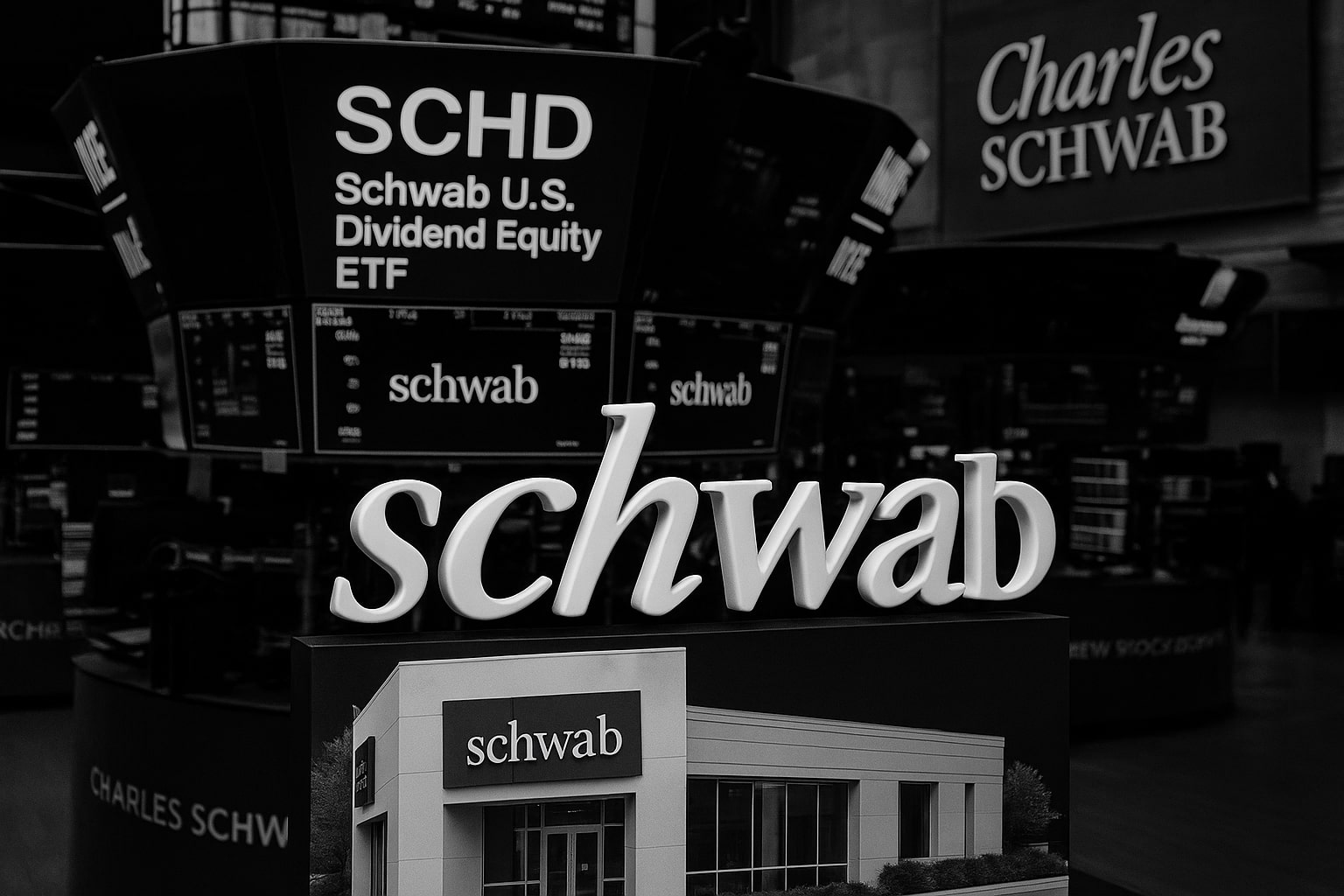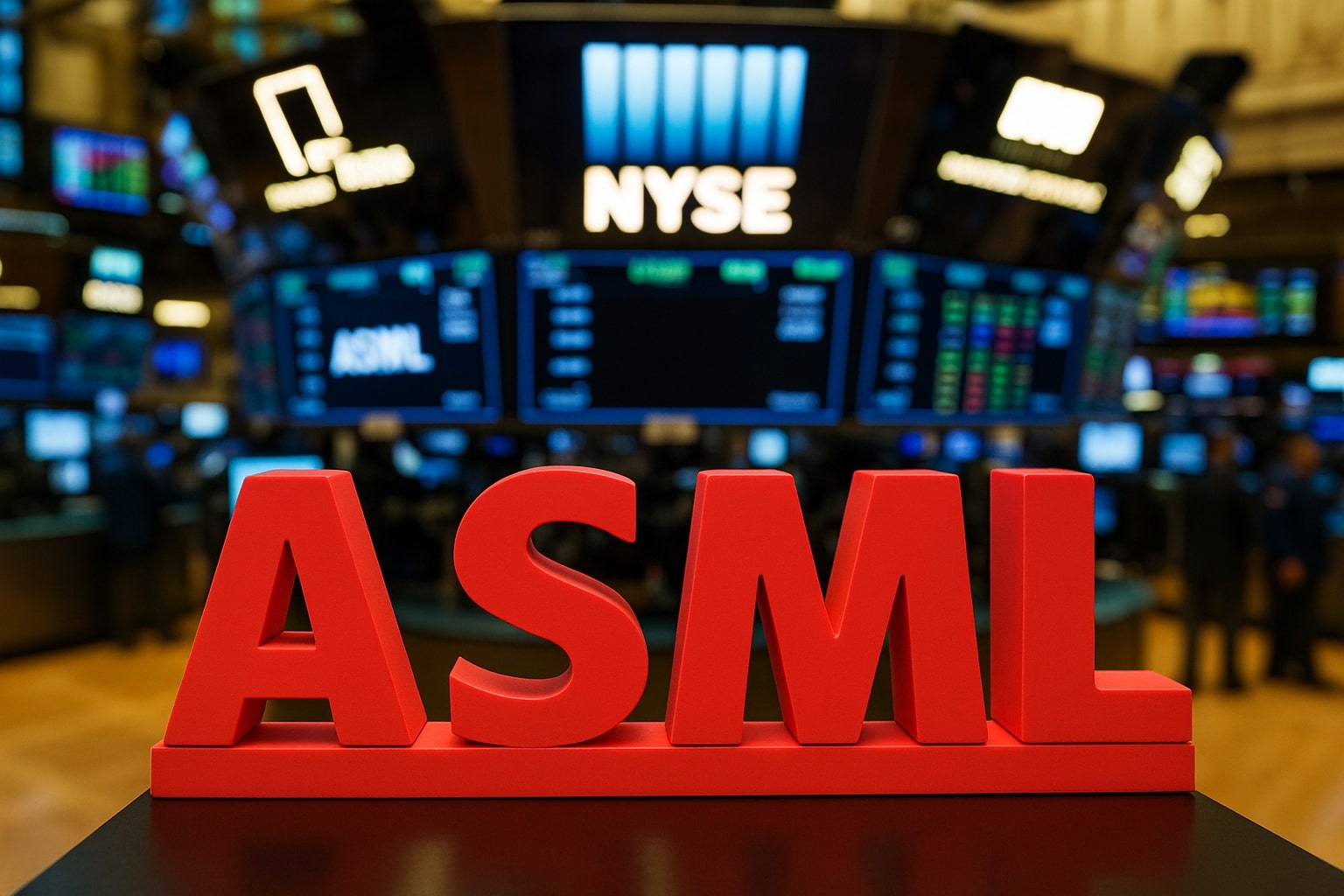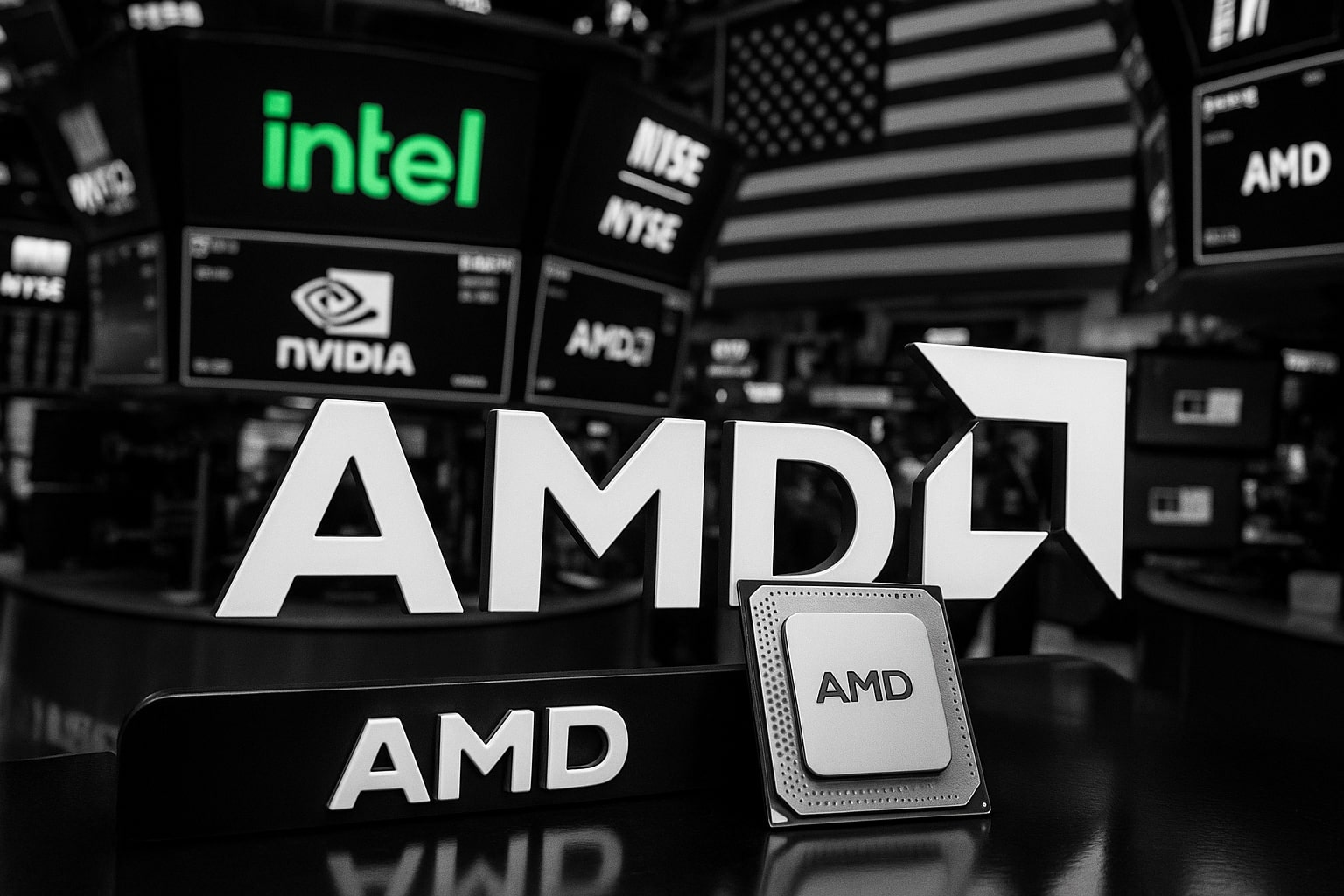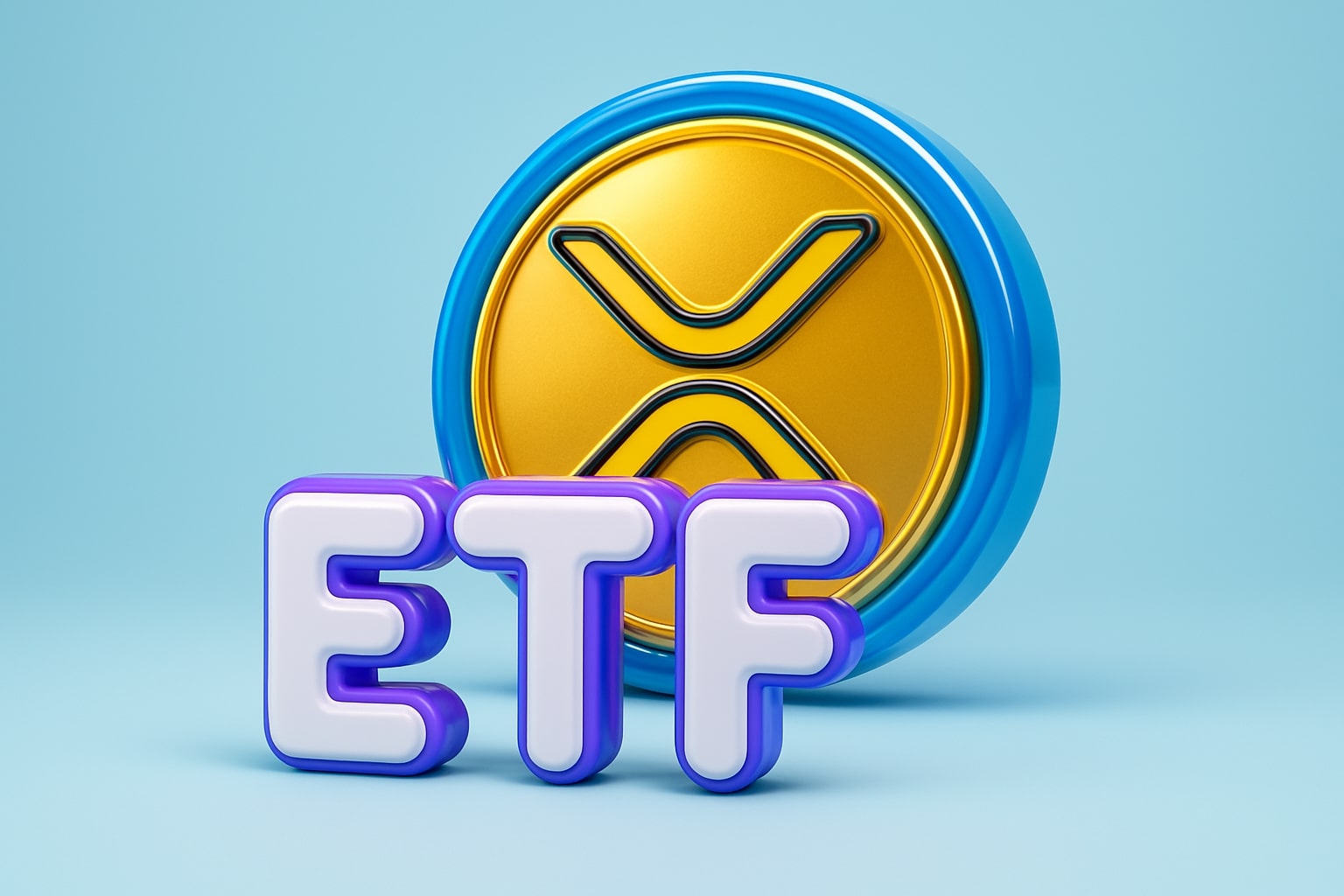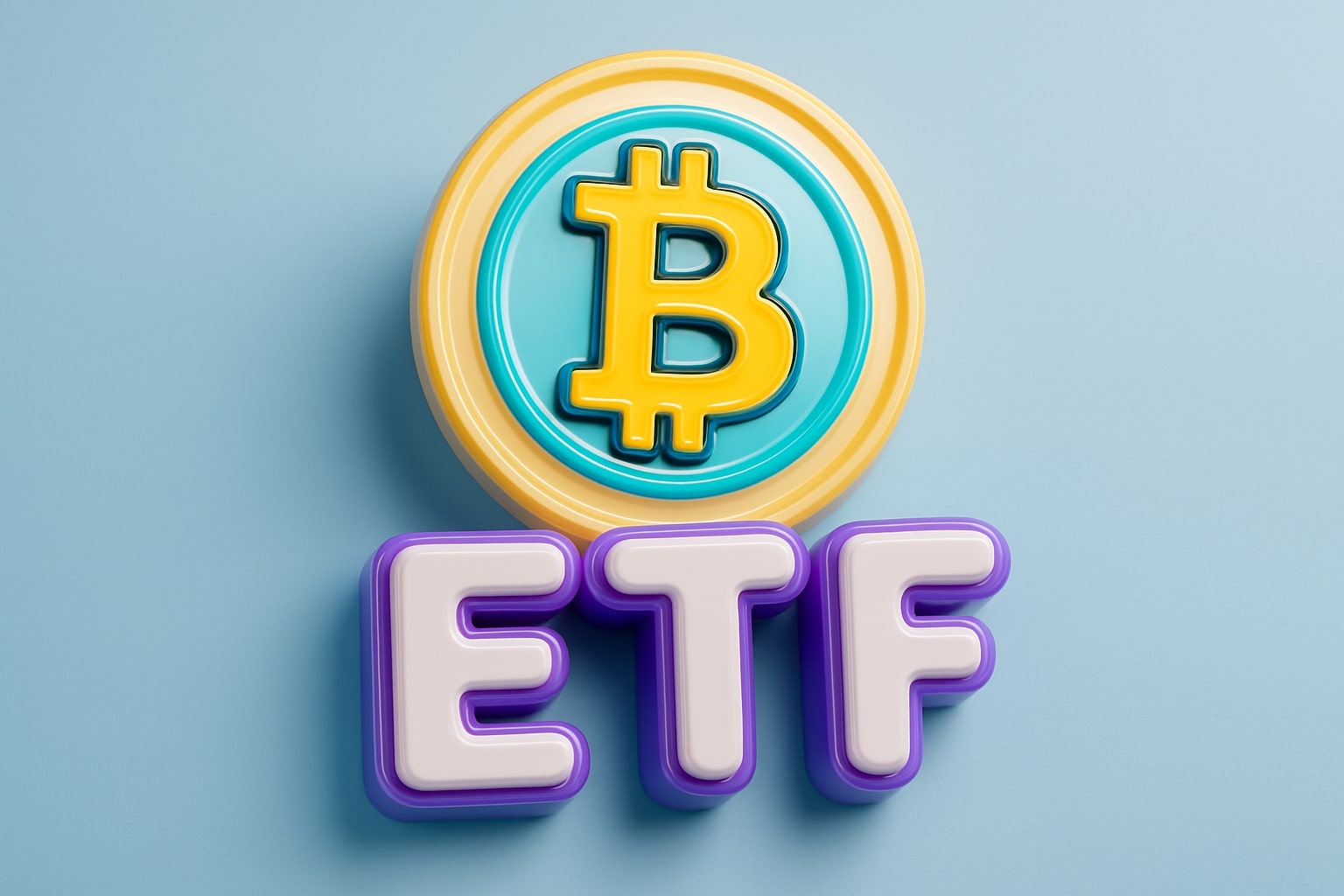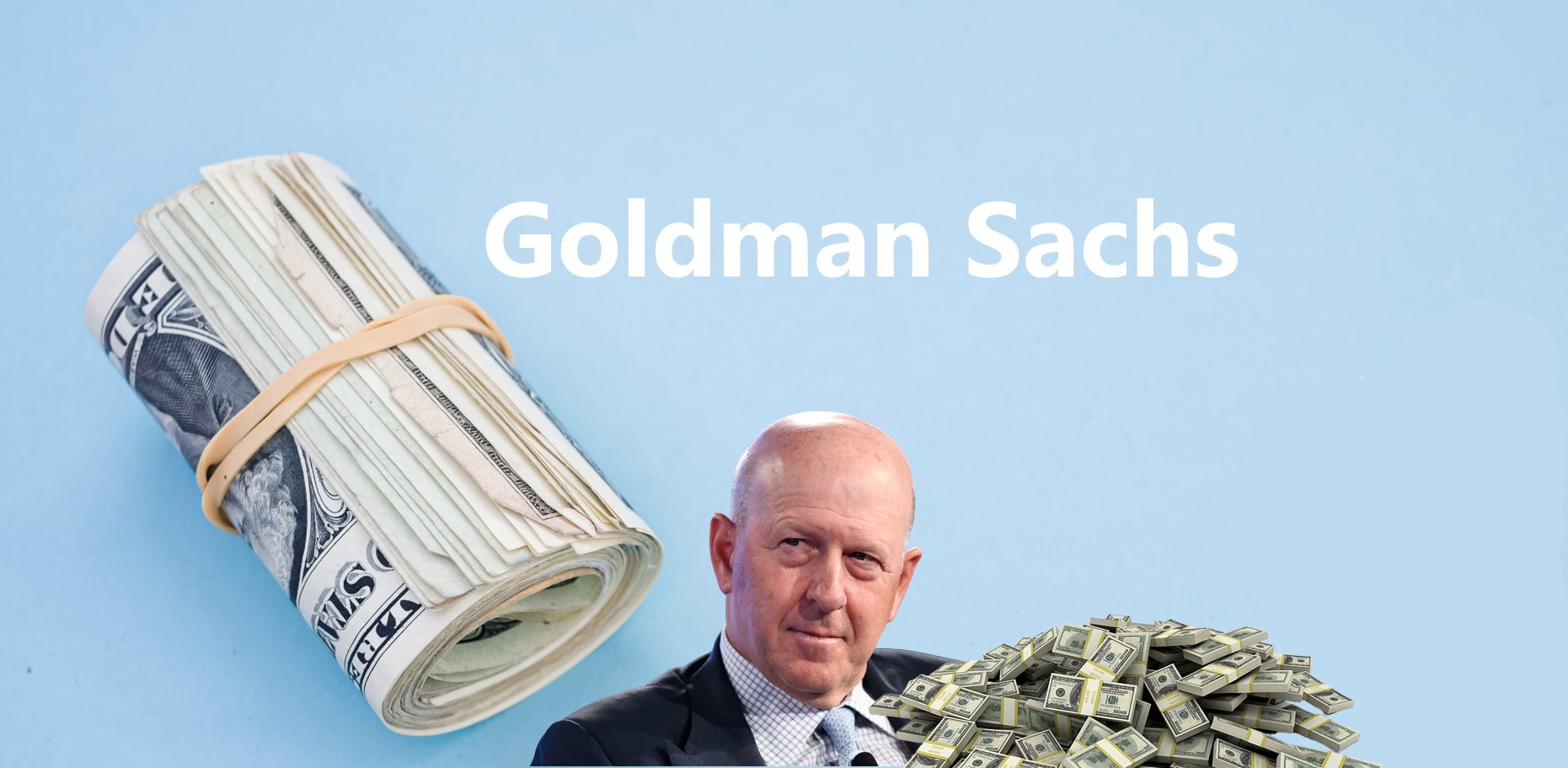
Goldman Sachs Dividend Annoucment NYSE:GS Stock
Goldman Sachs Dividend Annoucment, Leverages Digital Transformation, Explores Cryptocurrency, and Leads in ESG Commitments | That's TradingNEWS
Trading News - Goldman Sachs (NYSE:GS) has been a key player in the global financial sector since its establishment in 1869. Providing a myriad of services to corporations, governments, and individuals across the world, Goldman Sachs has positioned itself as an important resource in asset and wealth management, mergers and acquisitions, equity underwriting, and more. Despite facing the multifaceted challenges inherent in the financial services industry, Goldman Sachs has demonstrated a solid capacity to navigate them successfully.
In an industry where major players are more reliable due to tighter regulations, Goldman Sachs continues to lead and grow, mainly attributable to its size and market dominance. According to Goldman Sachs dividend announcement and the company's recent financial results, they plan to augment their quarterly common stock dividend by 10% following their completion of the 2023 Comprehensive Capital Analysis and Review process. The new dividend, rising from $2.50 to $2.75 per share, is anticipated to begin goldman sachs on dividend payment date July 1, 2023.
Gold man Sachs NYSE : GS Stock
Goldman Sachs' commitment to bolstering shareholder value is evident in their strategic approach. David Solomon, Chairman and CEO of the firm, expressed his satisfaction with the progress they've made, stating, "We are pleased by the progress we’ve made in reducing the capital intensity of our business as reflected in the stress test results. We will continue to dynamically manage our capital to unlock meaningful value for shareholders, including with a planned increase to our dividend and added flexibility in our capital repurchase program."
The company's strong fundamentals, combined with its strategic focus on growth, notably in its wealth management and alternative assets segments, render Goldman Sachs a promising prospect for investors. Nevertheless, any investment comes with inherent risks. For Goldman Sachs, these risks include the potential impact of economic downturns on the demand for financial services and growing competition in the market.
Goldman Sachs has exhibited stable operations, consistent sales and EPS growth over time, and a trusted reputation as a financial institution. The company's revenues have grown by 37% over the last decade, despite experiencing a decline since the financially active year of 2021, particularly in the tech sector. The anticipated future sales growth rate is ~3% per annum in the medium term, according to the analyst consensus on Seeking Alpha.
Additionally, Goldman Sachs has been paying dividends without any reductions since 2010, post the financial crisis of 2008-9. The company's dividend yield currently stands at an appealing 3.1%, backed by a payout ratio of 37%.
The financial institution’s forward-looking strategy promises a substantial return on equity for investors. For instance, Goldman Sachs serves about 16,000 ultra-high-net-worth clients, most of whom have maintained their relationship with the company for more than a decade. The company's wealth management fees have been growing at a rate of 12% annually over the last three years. Goldman Sachs is also extending its lending services to private clients, a business segment that has seen a 17% annual growth rate over the past three years.
Furthermore, Goldman Sachs is working on expanding its presence in marketing and managing alternative assets products. These products present a unique opportunity for the company to charge more, given their non-replicable nature. Since 2019, fees from these assets have grown by 16% annually and are expected to grow by an additional 10% over the next two years.
Institutional investors presently own 76.90% of the company's stock, with several large investors adjusting their holdings. For example, Price T Rowe Associates Inc. MD increased its holdings in Goldman Sachs by 1.4% in the third quarter, now owning 9,478,109 shares of the investment management company's stock valued at $2,786,361,000.
All of these factors illustrate the robust and dynamic nature of Goldman Sachs' business model. With its diversified revenue streams, solid client base, and focus on strategic growth, Goldman Sachs continues to demonstrate strong resilience and adaptability in the ever-changing financial landscape.
The firm has also recently shifted its focus toward embracing digital transformation, notably with its retail banking platform, Marcus. This consumer banking and lending platform, launched in 2016, represents a significant opportunity for Goldman Sachs to tap into a vast new customer base and diversify its income. Goldman Sachs is striving to turn Marcus into a full-service digital bank, investing heavily in technology and talent to deliver a wide range of financial products and services, including savings accounts, personal loans, and credit cards.
Moreover, the company's commitment to innovation and technology is further evident in its involvement in the cryptocurrency and blockchain sector. It recently created a cryptocurrency trading team and has shown interest in exploring the potential of blockchain technology for improving the efficiency and security of financial transactions.
In terms of ESG (Environmental, Social, and Governance) factors, Goldman Sachs has been increasingly active in acknowledging its corporate responsibilities. The firm committed to $750 billion in sustainable finance over the next decade, focusing on areas such as climate transition and inclusive growth. Additionally, Goldman Sachs has announced its aspiration to achieve net-zero greenhouse gas emissions in its supply chain by 2030 and in its financing activities by 2050.
Goldman Sachs' persistent efforts to maintain a competitive edge, adopt advanced technologies, and meet ESG criteria, combined with its plans for further capital returns to shareholders, signify a positive outlook for its future prospects. However, potential investors should also pay attention to the inherent risks, such as economic downturns, regulatory changes, and market volatility.
To sum up, Goldman Sachs appears to be a well-managed company with strong financial health and a solid strategy for future growth. The company's decision to increase its dividend and its ongoing commitment to returning capital to shareholders further strengthens its appeal to investors.
That's TradingNEWS
Read More
-
SCHD ETF Holds Ground With 3.6% Yield as Dividend Investors Eye Stability Over Growth
15.10.2025 · TradingNEWS ArchiveStocks
-
Ripple XRP (XRP-USD) Steadies at $2.43- SEC Shutdown Freezes ETF Decisions, Inflows Hit $61.6M
15.10.2025 · TradingNEWS ArchiveCrypto
-
NG=F Falls to $2.99 as Record Supply Outpaces Demand Despite 16.9 Bcf/d LNG Exports
15.10.2025 · TradingNEWS ArchiveCommodities
-
USD/JPY Price Forecast - Yen Weakens to 151.30 Amid Dollar Selloff
15.10.2025 · TradingNEWS ArchiveForex














